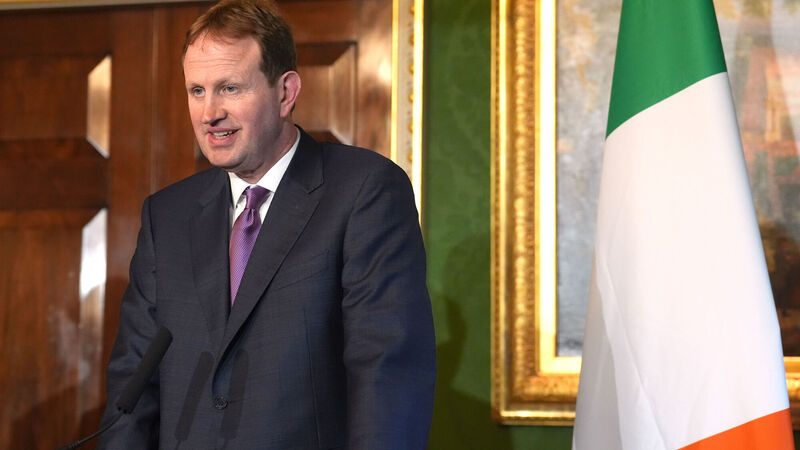Oral appeal hearings on asylum decisions to be 'extremely limited' under legislation

Justice minister Jim O'Callaghan will on Tuesday bring to Cabinet a new act to govern the international protection system in Ireland: The International Protection Bill 2025. Picture: Brian Lawless/PA
The use of oral appeal hearings for asylum seekers is to be severely limited in a bid to speed up the process.
The minister for justice, Jim O'Callaghan, will on Tuesday bring to Cabinet a new act to govern the international protection system in Ireland: The International Protection Bill 2025.













